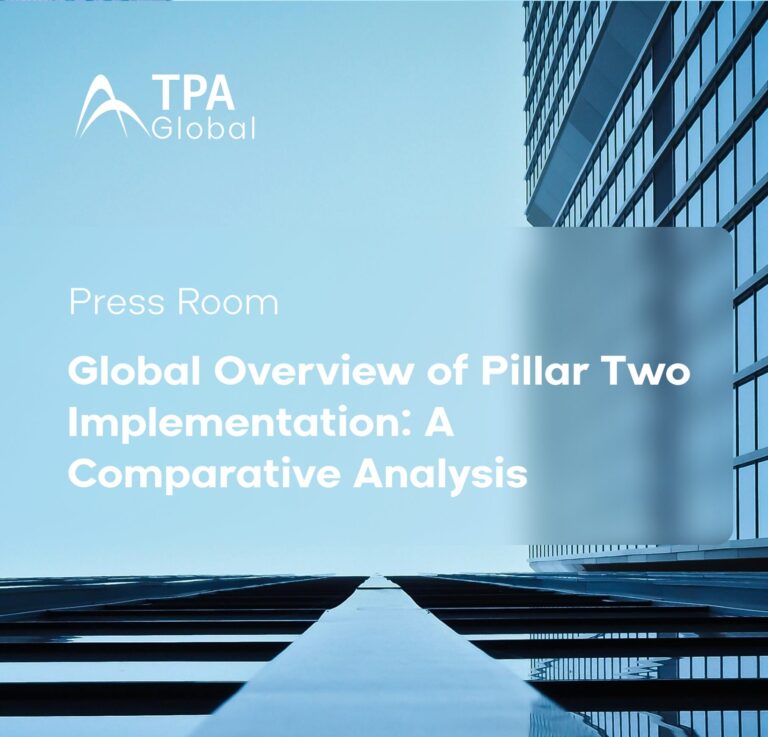The Australian Taxation Office (ATO) announced that it is reviewing international arrangements that mischaracterise Australian activities connected with the development, enhancement, maintenance, protection and exploitation (DEMPE) of intangible assets. Concerns are that these arrangements may be non-arm’s length or structured to avoid tax obligations, resulting in inappropriate outcomes for Australian tax purposes.
Issues
One of the concerns is whether functions performed, assets used and risks assumed by Australian entities in connection with the DEMPE of intangible assets are properly recognised and remunerated in accordance with the arm’s length requirements of the transfer pricing provisions in the taxation law.
In addition, the ATO is concerned that parties to these arrangements may fail to properly comply with Australian income tax obligations such as those imposed by the capital gains tax (CGT) and capital allowances provisions. The ATO is particularly concerned where intangible assets and/or associated rights are migrated to international related parties as part of non-arm’s length arrangements and/or in a manner intended to avoid Australian tax.
In circumstances where these arrangements lack evidence of commercial rationale and/or substance, the ATO’s concerns will extend to the application of the exceptions in the transfer pricing provisions and anti-avoidance rules. The general anti-avoidance rule (GAAR) or diverted profits tax (DPT) provisions may apply where a tax benefit or DPT tax benefit is obtained in connection with these arrangements.
In the taxpayer alert, the ATO provided and example for arrangements involving the bifurcation of intangible assets and mischaracterisation of Australian DEMPE activities, and examples for arrangements involving the non-recognition of Australian DEMPE activities. The ATO stated that these arrangements are of particular concern, however, the concerns are not limited to these arrangements.
Steps to Take
The ATO is reviewing these arrangements and engaging with taxpayers who have entered into, or are considering entering into, these arrangements. The engagement and assurance activities will continue as the ATO develops its technical position on these arrangements. Taxpayers and advisers who enter into these types of arrangements will be subject to increased scrutiny. The ATO stressed that if you have entered into, or are contemplating entering into, an arrangement of this type you should discuss your situation with the ATO. Penalties may apply to participants in and promoters of this type of arrangement.
Source: ATO Taxpayer Alert TA 2020/1


